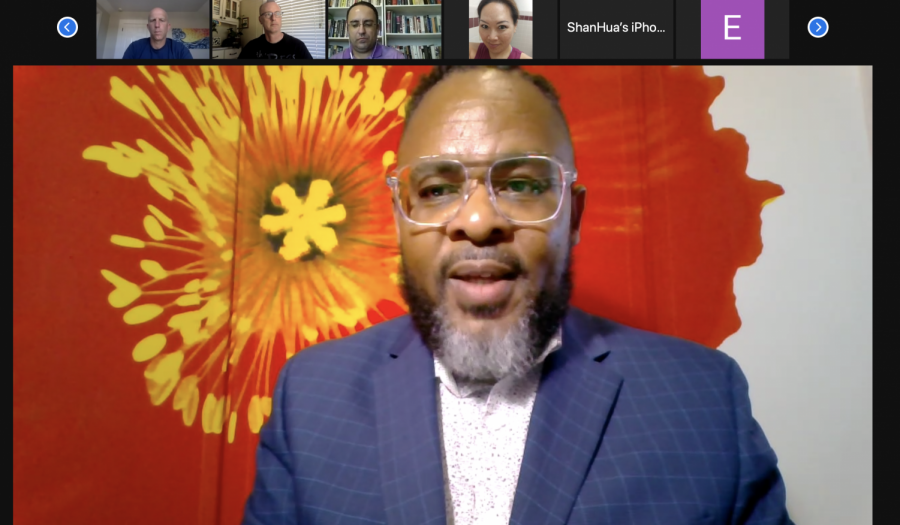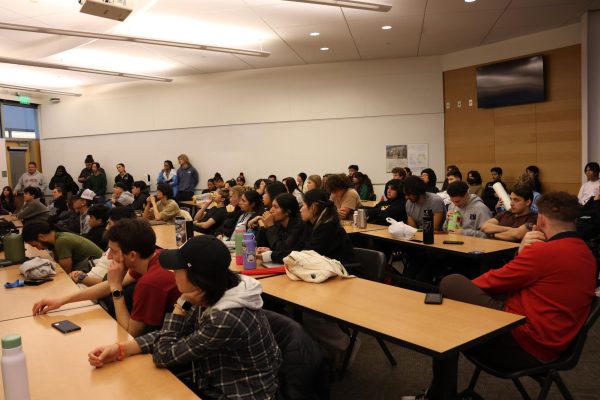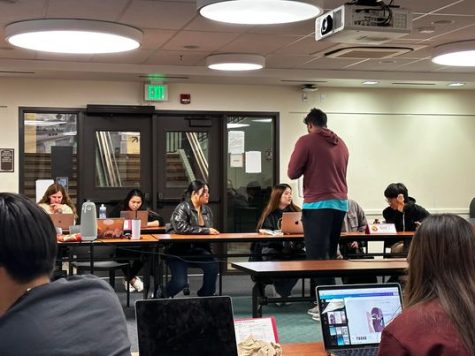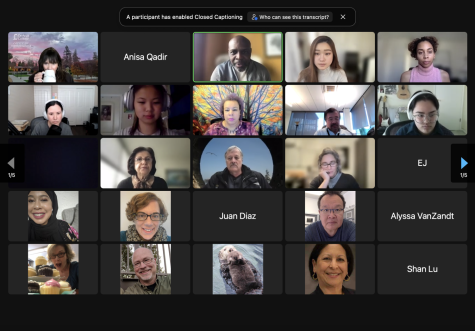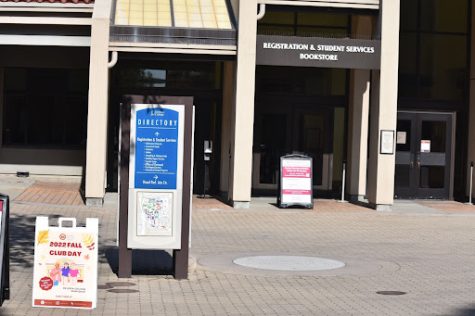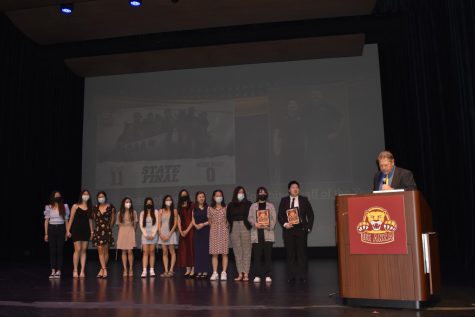De Anza panel speaks about representation in literature and how to get students excited about reading
Julius B. Anthony, creator of the St. Louis Black Authors of Children’s Literature and “The Believe! Project” speaks to De Anza community about getting students excited about reading.
In the De Anza College panel “Racially Relevant Literacy” on June 7, Julius B. Anthony talked about how to help students enjoy reading and how his organization helped turn around low literacy in his home state of Missouri.
“When it comes to reading and literacy, Black children tend to struggle,” Anthony said. “We also know that less than 3% of all children’s picture books published by major publishing houses in 2019 were authored by African Americans.”
He added about 70% of Black third graders in Missouri were failing on their state mandated literacy exams every year.
That sort of norm pushed him to create the organization St. Louis Black Authors of Children’s Literature and “The Believe! Project,” which has created “literacy labs” in community centers and schools to provide spaces for Black children to access books by Black authors.
“The intention is to provide a space where a child’s confidence is built up,” Anthony said. “The reading experience for a lot of Black children can be traumatic. So you can imagine that if you’re not happy in the situation that the school is putting you in, then you’re less willing to learn or give yourself over to that process.”
To Anthony, the pitch for creating these spaces was simple.
“Children are no different from adults when they decide which books to read,” Anthony said. “The books or information we give our children should reflect their experiences.”
Since its start, the organization has recruited 17 local authors to join its consortium and has been able to give out over 20,000 books to children in the area. Its initial goal was to open one lab in 2019 — less than two years later, they are up to seven locations.
When the pandemic shuttered in-person gathering, the project also produced a literary children’s TV show, which Anthony described as “the modern, hip-hop Mr. Rogers experience.”
Elvin Ramos, dean of the Social Sciences and Humanities department, which hosted the event, said he invited Anthony to speak because he resonated with the kids’ struggles with reading.
“When I was in middle school or even elementary school, my parents just didn’t have the time to support my reading,” Ramos said. “It was programs like ‘The Believe! Project’ that supplemented what my school wasn’t able to provide and got me interested in reading.”
Albert Pearsall III, an assistant professor at the District of Columbia Community College, said that, as a Black man, he also encountered the struggles that Anthony described. He said that first reading comic books empowered him to seek out more literature.
“Coming up not reading, I would like to tell people that the important thing is to read, period,” Pearsall said. “It’s not always what you read that matters. Start with pamphlets and then move up to magazines. And from there, move up to short stories, then short books and so on.”
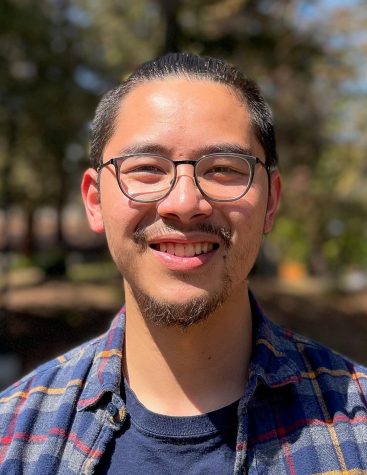
Kevin Vu Nguyen is a returning student journalist and editor at La Voz, formerly serving as Editor-in-Chief. He is a proud alum of both De Anza and Foothill...



